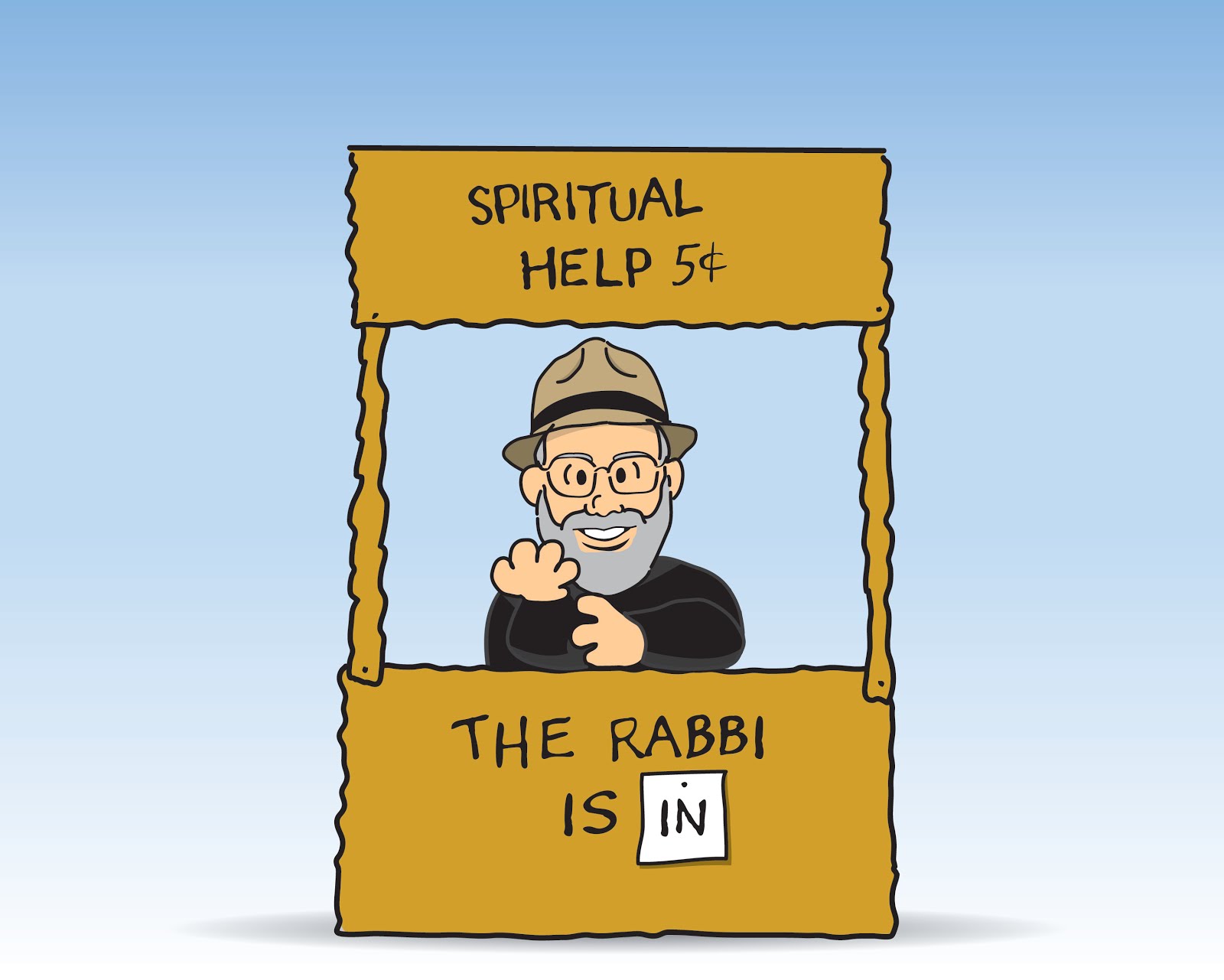The other day I read about two Israels. One is called
Start-Up Israel. This is the secular, liberal, high-tech and entrepreneurial
Israel that has dozens of companies on the New York Stock Exchange. The other
is called Medieval Israel. This is the religious, xenophobic, misogynist Israel
supported by Start-Up Nation taxes. Medieval Israel is a welfare state as
passionate about recreating the 13th century as Start-Up Israel is
about inventing the 21st.
These two Israels used to collide, and still do as women from
Start-Up Israel protest the misogynist policies of Medieval Israel. But mostly
the war between the two Israels is over. The Medievals have won.
The fastest growing Jewish population in Israel is the haredim, the ultra-Orthodox Jews of
Medieval Israel whom the government pays to stay out of the workforce and in the
yeshiva (if male) and the kitchen (if female). Two-thirds of haredi men do not
work. Fifty years ago only 15% of Israeli kids attended haredi schools, now 50%
do so. Sociologists warn that the number will reach 78% by 2040. Israel is literally
educating her people for the past, while the future passes her by. While many
Arab nations are struggling with the post-modern world, Israel seems destined to
slip into the pre-modern one. Even Iran isn’t doing this.
What will happen? Start-Up Israelis will leave home,
taking their wealth, knowledge, and military know-how with them, while Medieval Israelis will inherit a nation incapable of feeding itself. Israel
will become a welfare state supported by wealthy American Jews and Israeli
ex-pats.
And then there is the problem of hundreds of nuclear bombs in the
hands of apocalyptic rabbis. They might allow themselves to become Palestinians
if the Palestinians promise to make them dhimmis,
the second class citizen status afforded Jews and Christians under Islamic law, and support them the way the Start-Us Israelis did, but I
doubt it. They might just as well see themselves as descendants of the Jewish
warriors at Masada and choose to die in a nuclear war rather than fall into the hands of
their enemies. This choice would drag Pakistan into the fight, which would invite India to war, which would drag the Chinese, Russians, NATO, and the US into it and pretty much end life on this planet as we know it.
What can we do about this? Probably nothing. Israel is a sovereign
nation and makes its own policy decisions. As long as it supports the haredim
with welfare, exempts them from military service, and allows them to create a
separate society with its own schools, Start-Up Israel seems doomed. Short of a
huge influx of secular American Jews willing to make Israel home the way
Russian Jews did in the past, the emergence of Medieval Israel seems all but
inevitable. And I don’t see that happening—most American Jews (myself among
them) prefer to be Americans that Israelis.
As much as I doubt the efficacy of the Arab Spring, I worry
about the inevitability of an Israeli winter. My only hope is that as the last Start-Up Israelis leave they take their nukes with them.
